Angela Wrightson murder accused 'on mobile phone at time of attack'
- Published
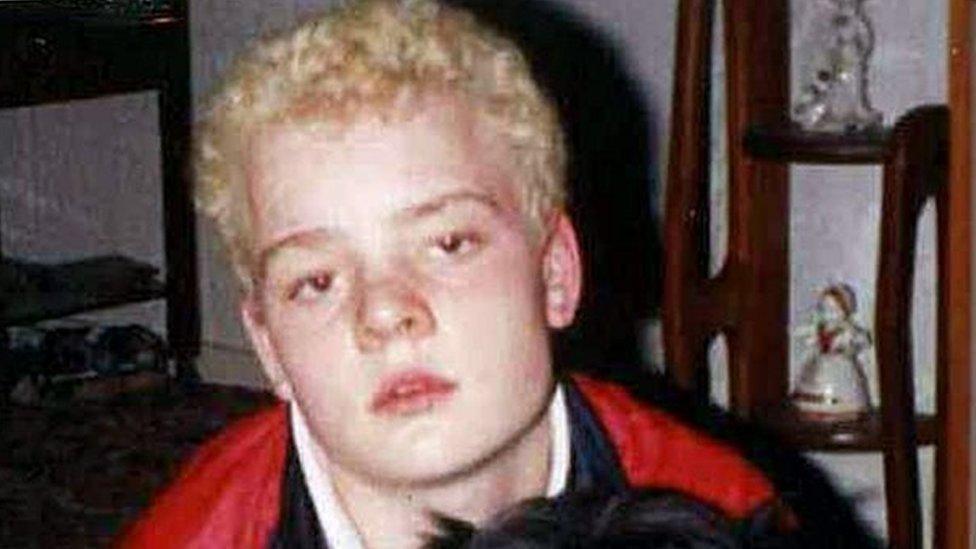
The court has heard Angela Wrightson was found dead in her blood-spattered living room with more than 100 injuries
A girl accused of beating a woman to death in her home was "given an alibi by her mobile phone", a court heard.
She and another girl are accused of murdering Angela Wrightson, who was found with more than 100 injuries at the Hartlepool house in December 2014.
The girls, then aged 13 and 14, deny the charge. At Leeds Crown Court, the older has admitted manslaughter.
John Elvidge QC, for the younger girl, said the fact she was on her phone at the time showed she did not take part.
The court has heard the two girls, who are now both 15, used a variety of weapons to beat Ms Wrightson to death over a period of several hours.
'Terrible violence'
The prosecution argues the girls were both "volatile" and an argument with Ms Wrightson, who had been drinking alcohol all day, spiralled into murder when both girls attacked her.
The phone had been used throughout the night, including to take selfies and download music during and after the attack, the jury was told.
Jamie Hill QC, representing the older girl, has argued she did not understand the consequences of her actions, citing her low IQ, psychological problems and a troubled upbringing.
"I am not suggesting either girl went to the house to cause violence," Mr Hill said, during his summing up.
"To be honest, I doubt if they even looked past the end of their noses. I suggest [the older girl] got dragged into a dispute [the younger girl] had with Angela Wrightson.
"It is just a terrible moment in history when these three people collided in the most appalling and tragic way.
"[The older girl] inflicted terrible violence against Angela Wrightson but is not a cold-blooded killer".
'Not a raging monster'
He told the court the older girl was "led" by the younger, who had "the stronger personality" of the two.
But, Mr Elvidge said that was not the case, and the fact the younger girl was using her phone to message friends, indicated she "was not a raging monster out of control", but was so distracted by messaging friends she could have been unaware of what was going on.
"Her alibi in this case was a telephone," he said.
The trial continues.
- Published23 March 2016
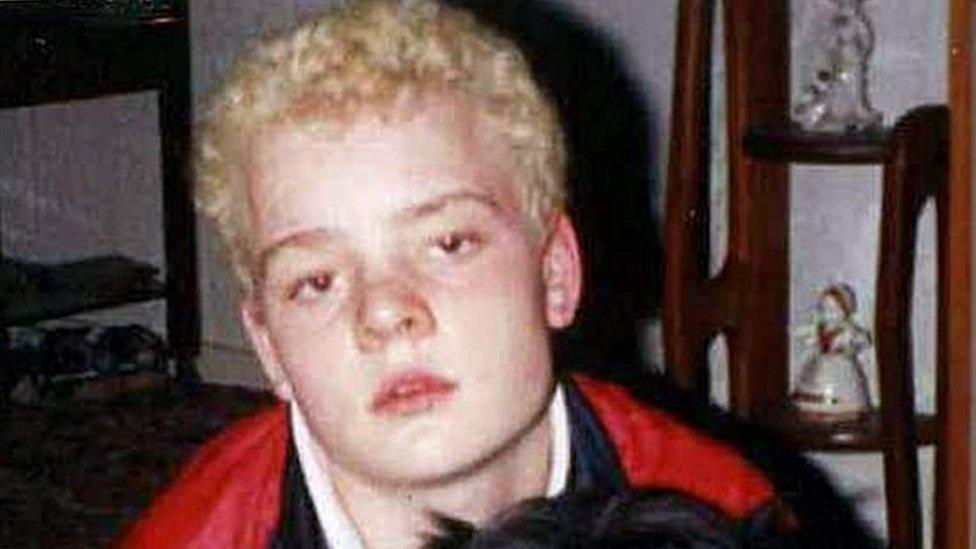
- Published22 March 2016

- Published17 March 2016

- Published16 March 2016
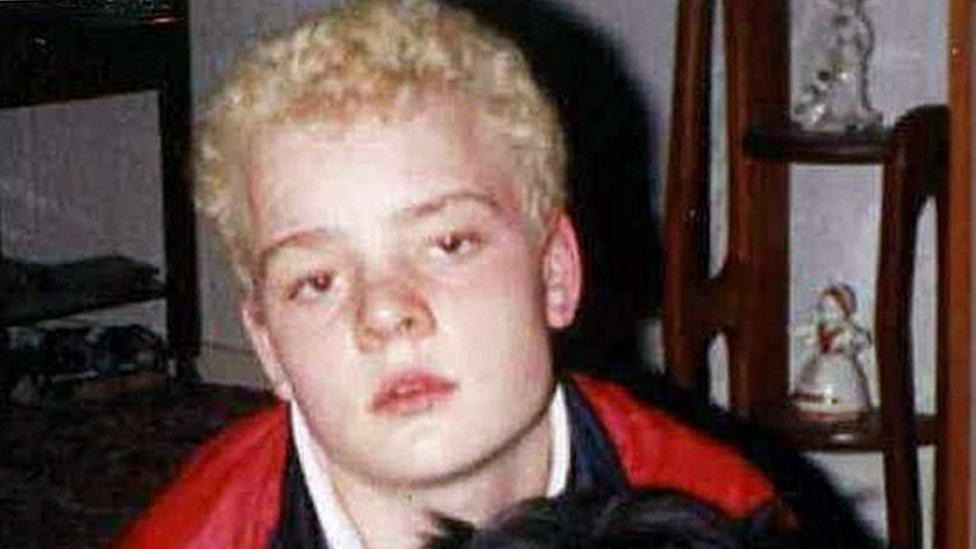
- Published15 March 2016
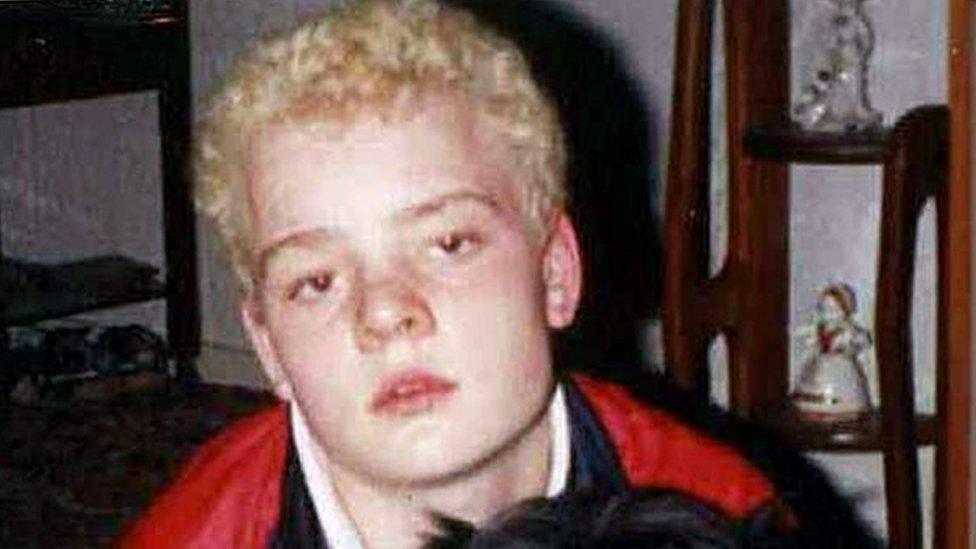
- Published14 March 2016

- Published10 March 2016
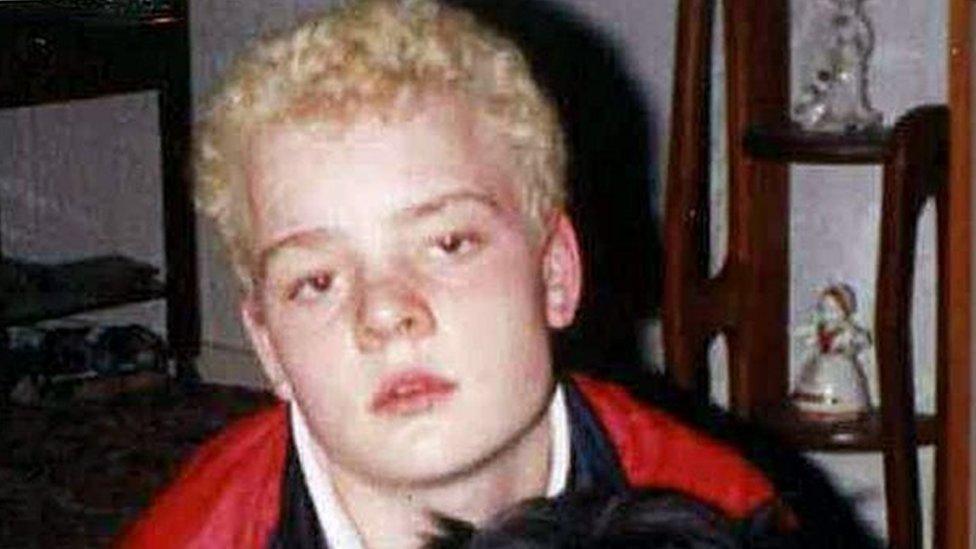
- Published9 March 2016
